Open on Evenings & Holidays! Extended And Flexible Hours!
* DNA Testing for Immigration
* Paternity Testing
* Prenatal Testing
* Deceased Paternity
* Forensic Testing & Much More!
Open on Evenings & Holidays! Extended And Flexible Hours!
* DNA Testing for Immigration
* Paternity Testing
* Prenatal Testing
* Deceased Paternity
* Forensic Testing & Much More!
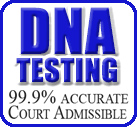
AB DNA Testing Services
63-11 Queens Boulevard
Woodside NY 11377
Phone: 718-701-0292
Fax: 718-458-9700
Monday: 10:00 am – 8:00 pm
Tuesday: 10:00 am – 2:00 pm
Wednesday: 10:00 am – 8:00 pm
Thursday: 10:00 am – 2:00 pm
Friday: 10:00 am – 8:00 pm
Saturday: Closed
Sunday: Closed
* After Hours: Weekends by appointment only *
We offer New York’s BEST AND MOST AFFORDABLE DNA TESTING with a full range of services to verify family relationships.
We specialize in the following types of DNA tests:
• Paternity • Prenatal • Maternity • Grand-parenting • Sibling Relationship • Biological Relationship Studies • Twin Studies • Deceased Paternity • Forensic Testing • Child Identity Testing • Family Tree and Genealogy Testing
* EVEN LOWER PRICE THAN HOME DNA KITS.
* NO HIDDEN COSTS – Collection kits, photography, and fingerprinting all included.
* 99.9% (OR GREATER) ACCURACY.
* FINAL RESULTS ARE PRESENTED IN A NOTARIZED DOCUMENT IN A CLEAR AND CONCISE FORM.
* ALL RESULTS ARE COURT ADMISSIBLE.
* OVER 15 YEARS EXPERIENCE.
* NO REFERRALS NECESSARY!
* FAST AND PAINLESS SAMPLE COLLECTIONS, USING BUCCAL (Mouth) SWABS.
* SPANISH, PORTUGUESE, FRENCH AND CREOLE SPOKEN.
* PLEASE SEE TRANSLATIONS OF OUR SERVICES IN: SPANISH, BENGALI, URDU, CHINESE AND NEPALESE!
* OPEN SATURDAYS & Sundays!
Located In Woodside Queens, easily reachable from all boroughs (Queens, Manhattan, Brooklyn, Bronx and Staten Island), Westchester, Nassau and Suffolk. 4 Blocks from No. 7 Train (Flushing Line) and Long Island Railroad.
DNA TESTING AVAILABLE FOR BAHAMIAN CITIZENSHIP
ALL SAMPLES ARE COLLECTED IN THE BAHAMAS AND TESTED IN THE US AT AN ACCREDITED LABORATORY. CALL NOW.
Call us. We have found that in many cases, our personalized service can overturn your denial. We will call the passport office or immigration dept. for you and plead your case over phone verbally.
90% of time they will revoke your denial, as long as you get the required information to them quickly.
AB DNA TESTING SERVICES
63-11 Queens Boulevard
Woodside NY 11377
AB DNA Testing Services © |
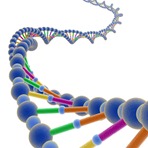 |
63-11 Queens Boulevard We are open on evenings & holidays! |
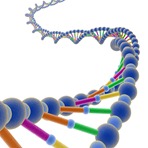 |
AB DNA Testing Services © offers a full range of DNA testing services using the most highly qualified and Certified DNA testing laboratories in the country.
For New York residents, DNA testing has to be performed by a physician or legal entity (court, USCIS, US Embassy or Consulate).
AB DNA TESTING SERVICES © offers a “One-Stop Shopping” service since we have a doctor on the premises who will perform the test. We are open 7 days a week, including weekends.
Prenatal DNA Testing • Immigration DNA Testing • Paternity • Maternity • Grand-parenting • Sibling Relationships • Biological Relationships • Twin Studies • Deceased Paternity • Forensic Testing • Child Identity Testing • Family Tree and Genealogy Testing
Other doctors will charge a fee just for the office visit. We do not charge a fee for our on premises doctor visit. Save money and call for an appointment today!
AB DNA Testing Services ©
718-701-0292
DNA TESTING AVAILABLE FOR BAHAMIAN CITIZENSHIP
ALL SAMPLES ARE COLLECTED IN THE BAHAMAS AND TESTED IN THE US AT AN ACCREDITED LABORATORY. CALL NOW.
Let’s explore how DNA testing can help in criminal cases, the process involved, and its impact on the justice system. DNA testing has revolutionized the field of forensic science, becoming a powerful tool in solving criminal cases. By analyzing genetic material, forensic experts can identify suspects, exonerate the innocent, and provide crucial evidence in court.

DNA testing plays a critical role in criminal investigations by providing reliable and objective evidence. Here are some of the key ways DNA testing is used in criminal cases:
The DNA testing process in criminal cases involves several steps to ensure accuracy and reliability. Here’s an overview of the process:
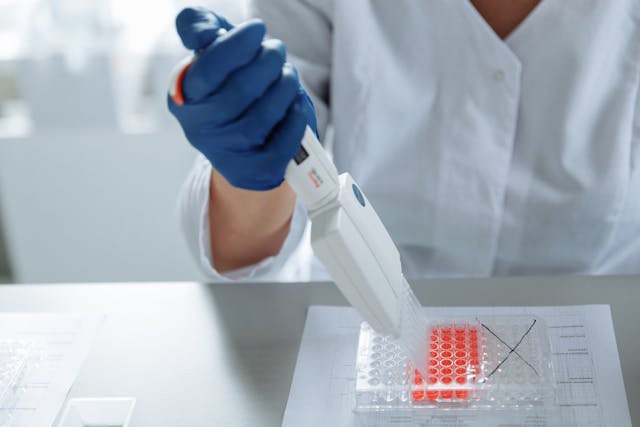
DNA testing has had a profound impact on the justice system, improving the accuracy and fairness of criminal investigations and prosecutions. Here are some of the key impacts:
DNA testing has become an indispensable tool in criminal investigations, providing reliable and objective evidence that can identify suspects, exonerate the innocent, and support prosecutions in court. The advancements in DNA technology have greatly enhanced the accuracy and effectiveness of the justice system.
For professional and accurate DNA testing services in NYC and the tri-state area, contact AB DNA Testing Services.
AB DNA Testing Services ©
63-11 Queens Boulevard
Woodside NY 11377
718-701-0292
In this blog, we will explore the key legal and ethical aspects of DNA testing to help you understand the implications of using this powerful technology. DNA testing has become an invaluable tool in various fields, including healthcare, ancestry tracing, forensics, and legal matters. However, the widespread use of this type of testing raises important legal and ethical questions that need to be carefully considered.
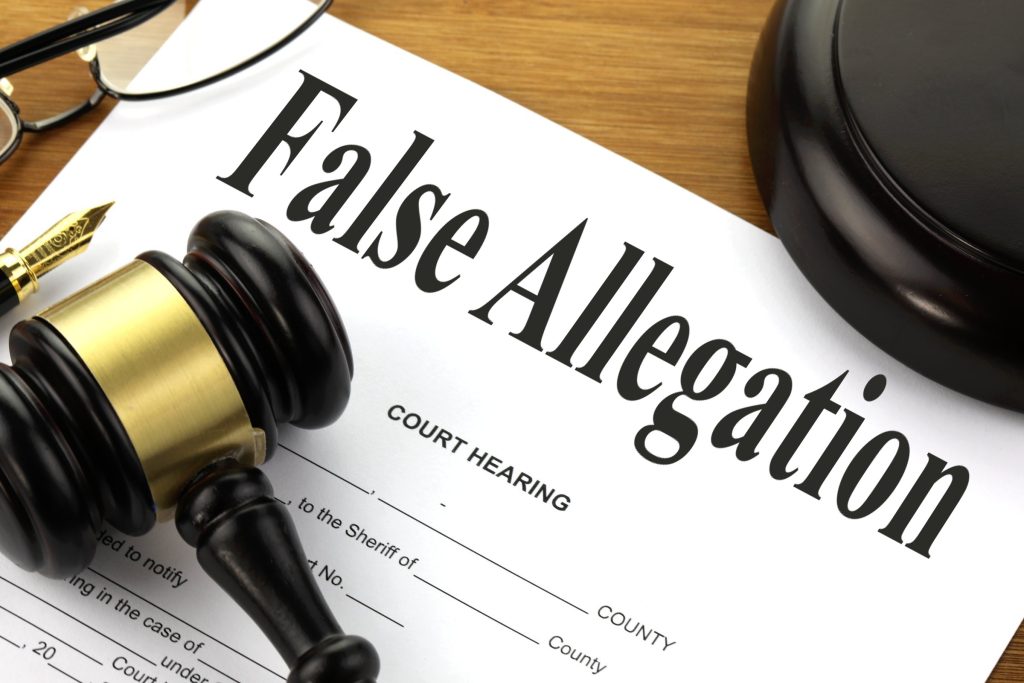
One of the primary ethical concerns with DNA testing is the privacy and confidentiality of genetic information. DNA contains highly sensitive information that can reveal a lot about an individual’s health, ancestry, and identity.
The potential for genetic discrimination is a significant legal and ethical issue. Genetic information could be used to discriminate against individuals in various aspects of life, including employment, insurance, and social interactions.
Obtaining informed consent is a fundamental ethical requirement in DNA testing. Individuals should understand the purpose of the test, the potential risks and benefits, and their rights before agreeing to participate.
DNA testing plays a crucial role in forensic science, helping to solve crimes and identify individuals. However, its use raises ethical concerns about privacy, consent, and the potential for misuse.
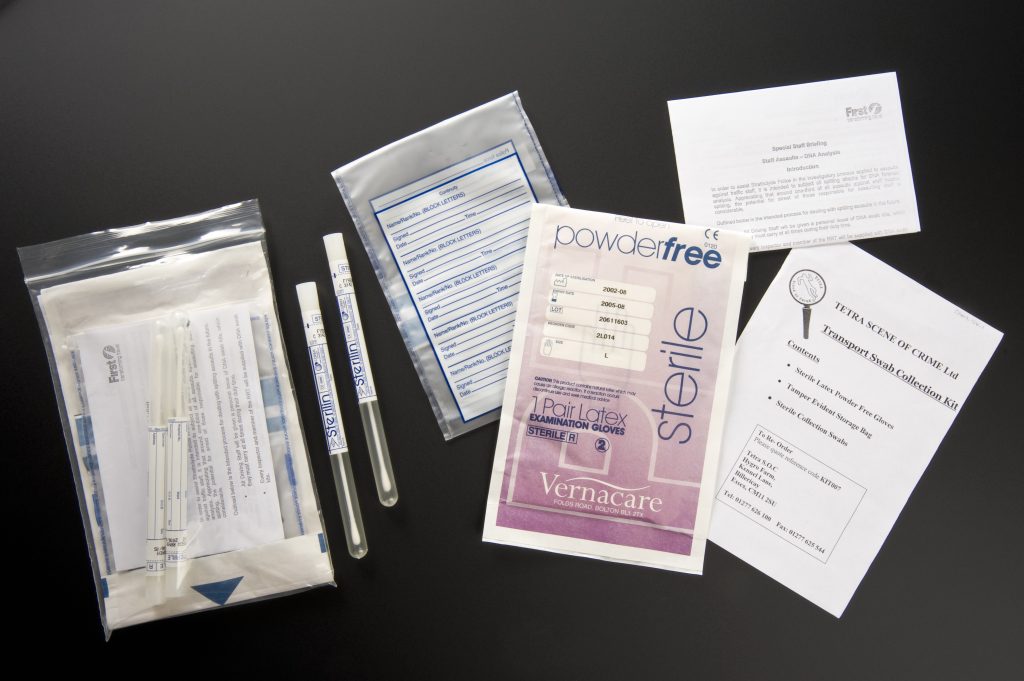
Genetic research holds great promise for advancing our understanding of health and disease, but it must be conducted ethically to protect participants and maintain public trust.
The legal and ethical aspects of DNA testing are complex and multifaceted, encompassing issues of privacy, discrimination, informed consent, forensic use, and research ethics. As DNA testing technology continues to advance, it is crucial to address these concerns to ensure that genetic information is used responsibly and ethically.
For professional and ethical DNA testing services, contact AB DNA Testing Services at our Queens location in New York City.
AB DNA Testing Services ©
63-11 Queens Boulevard
Woodside NY 11377
718-701-0292